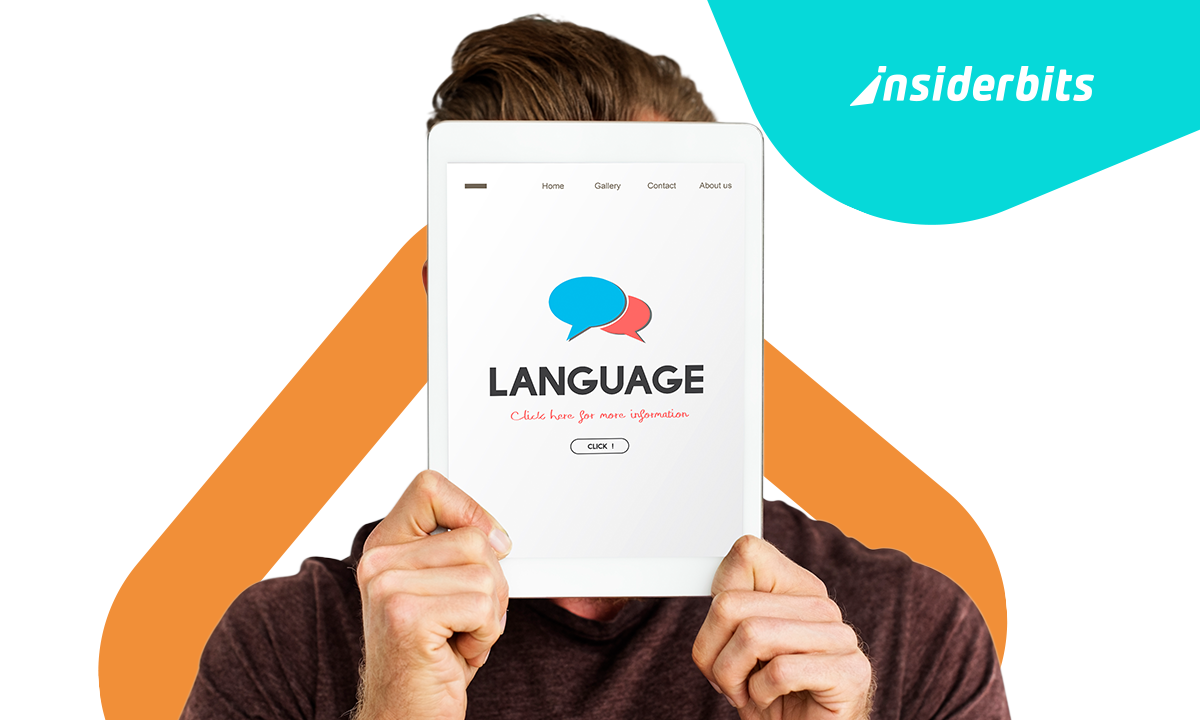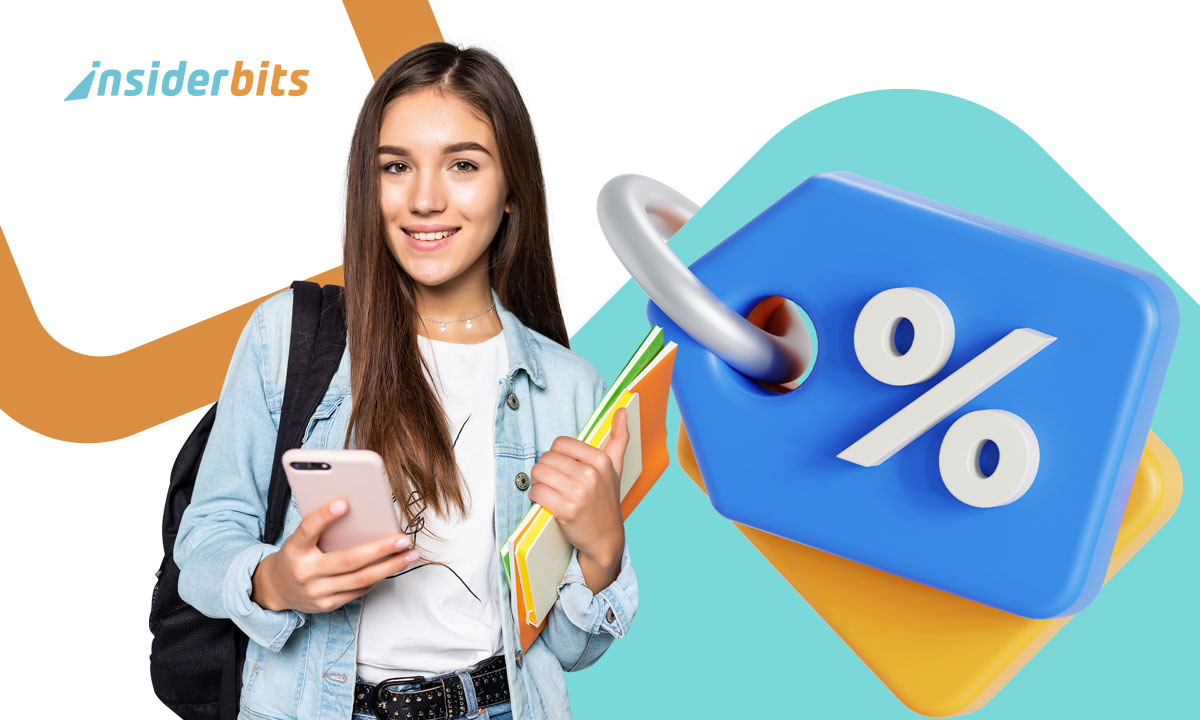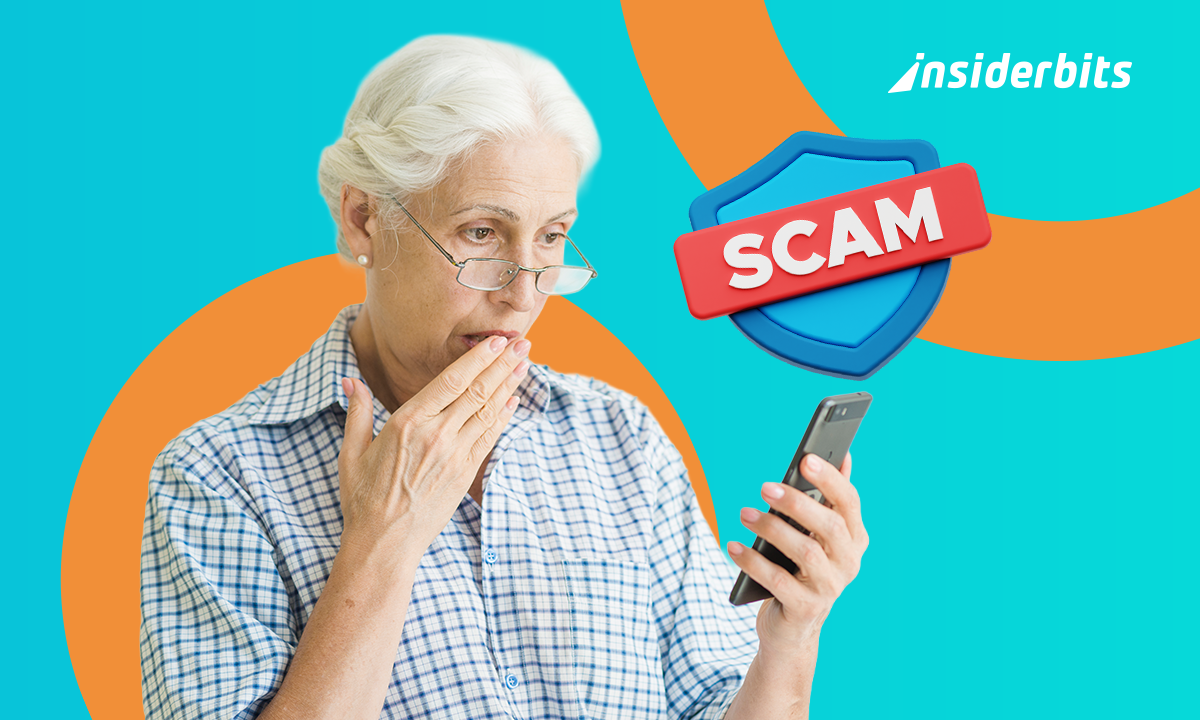Negli ultimi tempi si è assistito a un aumento della popolarità delle app per la salute mentale, che offrono un'assistenza facilmente disponibile ed economicamente vantaggiosa alle persone che soffrono di ansia e depressione. Tuttavia, con così tante app disponibili, può essere difficile capire quali siano efficaci.
In questo articolo, Insiderbits esaminerà le 5 migliori app per l'ansia e la depressione, sulla base di recensioni e analisi di esperti di app digitali per la salute mentale.
Se siete alla ricerca di un ulteriore supporto o volete monitorare i vostri progressi, queste app di aiuto vi permettono di gestire i vostri sintomi e migliorare la vostra salute mentale.
Ora, diamo un'occhiata:
1 - Sanvello: Ansia e depressione
Sanvello è un'applicazione completa che offre una serie di funzioni, tra cui esercizi di CBT, meditazioni guidate e monitoraggio dell'umore. Fornisce inoltre l'accesso a terapisti autorizzati e a gruppi di supporto tra pari.
L'interfaccia dell'app è facile da usare e coinvolgente, con una serie di strumenti che aiutano gli utenti a gestire i propri sintomi. È stato dimostrato che Sanvello è efficace nel ridurre i sintomi di ansia e depressione.
Sanvello Ansia e depressionePro:
- Molte funzioni, tra cui esercizi di CBT, meditazioni guidate e tracciamento dell'umore.
- Fornisce l'accesso a terapisti autorizzati e a gruppi di sostegno.
- Interfaccia intuitiva e coinvolgente
Sanvello Ansia e depressione Cons:
- Alcuni utenti potrebbero trovare il costo dell'applicazione elevato
- Alcuni utenti possono preferire la terapia dal vivo a quella digitale
4.5/5
2 - Woebot
Woebot è un'applicazione basata su chatbot che utilizza tecniche di CBT per aiutare gli utenti a gestire i propri sintomi. Offre conversazioni personalizzate, monitoraggio dell'umore e check-in giornalieri. L'interfaccia dell'app è coinvolgente e facile da usare, con un chatbot amichevole che guida gli utenti attraverso gli esercizi e fornisce supporto.
È stato dimostrato che Woebot è efficace nel ridurre i sintomi di ansia e depressione.
Woebot Pro:
- Utilizza tecniche CBT per aiutare gli utenti a gestire i propri sintomi
- Offre conversazioni personalizzate, tracciamento dell'umore e check-in giornalieri
- Interfaccia coinvolgente e facile da usare
Woebot Cons:
- Per alcuni utenti il chatbot potrebbe non essere efficace come un terapeuta umano
4.2/5
3 - Happify
Happify utilizza la gamification per aiutare gli utenti a soddisfare le loro esigenze di salute mentale. Offre una serie di attività, tra cui giochi, meditazioni ed esercizi di gratitudine. L'interfaccia dell'app è colorata e coinvolgente, con una serie di strumenti che aiutano gli utenti a gestire i propri sintomi.
Happify si è dimostrato efficace nel ridurre i sintomi di ansia e depressione.
I professionisti di Happify:
- Utilizza la gamification per aiutare gli utenti a costruire la resilienza e a ridurre lo stress
- Offre una serie di attività, tra cui giochi, meditazioni ed esercizi di gratitudine.
- Interfaccia colorata e accattivante
Happify Cons:
- Alcuni utenti potrebbero non trovare utile l'approccio della gamification
- Alcuni utenti possono preferire approcci terapeutici più tradizionali
3.5/5
4 - Youper
Youper combina l'intelligenza artificiale con l'esperienza di psicologi abilitati per offrire conversazioni e consulenze personalizzate. Questa applicazione è in grado di aiutare gli utenti a identificare e gestire le proprie emozioni attraverso chat interattive e funzioni di tracciamento dell'umore.
Youper Pro:
- Offre sessioni di terapia personalizzate
- Fornisce il monitoraggio dell'umore e i check-in giornalieri
- Interfaccia intuitiva e coinvolgente
Youper Cons:
- Alcuni utenti possono preferire la terapia faccia a faccia rispetto a quella digitale
- Per alcuni utenti il chatbot potrebbe non essere efficace come un terapeuta umano
4/5
5 - BetterMe: Salute mentale
L'applicazione offre lezioni video e guide scritte per aiutare gli utenti a imparare nuove pratiche di autocura e a coltivare più gioia, felicità, consapevolezza e positività nella loro vita.
Inoltre, BetterMe offre un viaggio personalizzato verso uno stato mentale sano, combinando programmi digitali, diari guidati e analisi emotiva per offrire agli utenti un'esperienza di terapia digitale rilassante.
Better Me Pro:
- Offre una serie di strumenti di autocura, tra cui meditazioni guidate, esercizi di respirazione e monitoraggio dell'umore.
- Fornisce l'accesso a terapisti autorizzati e a gruppi di sostegno.
- Interfaccia semplice e facile da usare
Better Me Cons:
- Alcuni utenti possono preferire approcci terapeutici più tradizionali
- Alcuni utenti potrebbero trovare le funzioni dell'app limitate.
4.4/5
Consigli per utilizzare al meglio le app di aiuto, migliorare la propria salute mentale ed evitare ansia e depressione
Se state usando un'app per la salute mentale per gestire i vostri sintomi, ci sono diversi consigli che potete seguire per utilizzare al meglio l'app e migliorare la vostra salute mentale:
Seguire e monitorare i sintomi: Molte app per la salute mentale offrono funzioni di tracciamento e monitoraggio che possono aiutare a comprendere le cause e i sintomi della malattia mentale.
Tracciando i propri sintomi, è possibile identificare schemi e fattori scatenanti, che possono aiutare a gestire i sintomi in modo più efficace.
Impegnarsi regolarmente con l'app: Per ottenere il massimo da un'app per la salute mentale, è importante utilizzarla regolarmente. Molte app offrono sfide quotidiane e funzioni di monitoraggio dei progressi, che possono aiutare a motivare l'utente a utilizzare regolarmente l'app.
Siate interattivi: Le app per la salute mentale che incorporano funzioni interattive, come giochi o sessioni di consulenza con professionisti, possono essere più coinvolgenti ed efficaci. Cercate applicazioni che offrano funzioni interattive in linea con le vostre esigenze e preferenze.
Cercare un aiuto professionale quando necessario: Le app per la salute mentale possono essere utili per gestire i sintomi, ma non sostituiscono l'aiuto di un professionista. Se i sintomi sono gravi o cronici, è importante rivolgersi a un professionista della salute mentale.
Effettuare ricerche sull'applicazione prima di utilizzarla: Prima di utilizzare un'app per la salute mentale, è importante ricercarne la qualità, il costo e le funzionalità.
Cercate applicazioni che siano state esaminate da esperti e che abbiano dimostrato la loro efficacia nella gestione dei sintomi di ansia e depressione, come quelle citate in questo articolo:
Connect with others: Molte app per la salute mentale offrono funzioni di social networking che consentono di connettersi con altre persone che stanno vivendo sintomi simili.
Le 5 migliori app per aiutare l'ansia e la depressione - Conclusione
In conclusione, le app per la salute mentale possono essere uno strumento utile per gestire i sintomi di ansia e depressione. Tuttavia, è importante ricordare che queste app non possono sostituire l'aiuto di un professionista.
Mentre il panorama digitale continua a evolversi, queste app per la salute mentale contribuiscono in modo significativo ad abbattere le barriere di accesso alle cure per la salute mentale. Che si tratti di IA conversazionale, CBT o psicologia positiva, queste app offrono un valido supporto, aiutando gli utenti a superare le sfide dell'ansia e della depressione.
Seguendo questi consigli, potrete migliorare la vostra salute mentale e gestire i sintomi in modo più efficace.
Vi piace questo articolo? Aggiungete il blog Insiderbits ai vostri preferiti e venite a trovarci ogni volta che volete apprendere nuove ed entusiasmanti informazioni sulla tecnologia e molto altro ancora!




